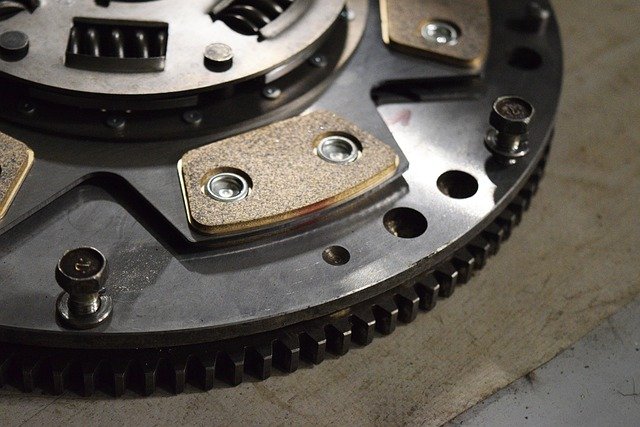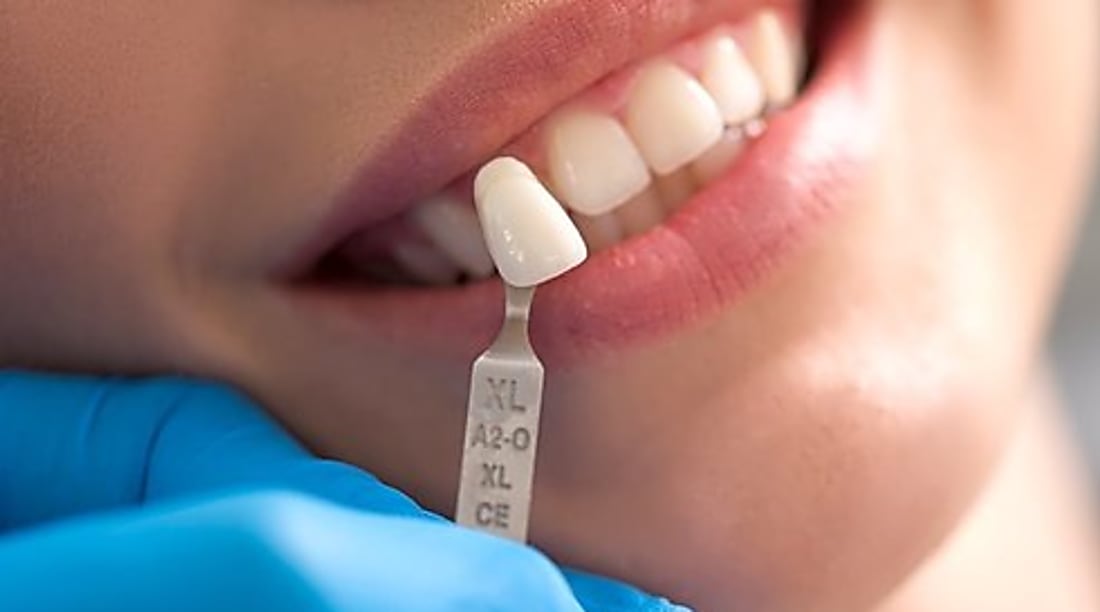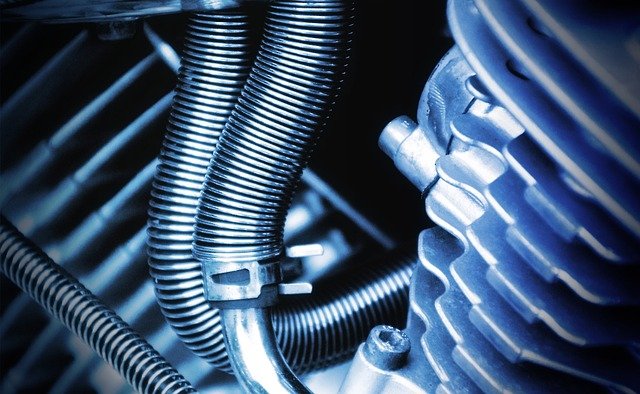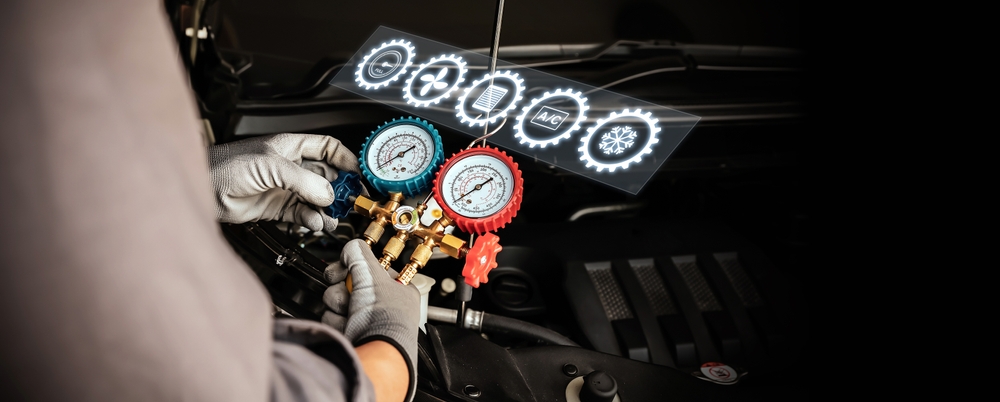Discover Car Scraps for Sale
Car scraps, also known as salvage parts or used auto components, offer an economical and environmentally friendly alternative for vehicle repairs and restoration projects. These parts come from vehicles that have been decommissioned, damaged, or retired from service. Understanding the world of car scraps can help you find affordable solutions for your automotive needs while contributing to sustainable practices in the automotive industry.

Where can you find affordable car scraps for sale?
Locating affordable car scraps for sale in your area requires some research and exploration. Many local salvage yards and auto recycling centers offer a wide range of used car parts at competitive prices. These facilities typically acquire vehicles from insurance auctions, private sellers, or towing companies, then dismantle them to salvage usable components.
Online marketplaces and dedicated automotive parts websites have also become popular sources for finding car scraps. These platforms often allow you to search for specific parts based on make, model, and year of your vehicle, making it easier to find compatible components. Additionally, some local repair shops and auto parts stores may have connections with salvage yards, potentially helping you locate the scraps you need.
How can you ensure the quality of car scraps?
When searching for quality car scraps, it’s essential to consider several factors to ensure you’re getting reliable parts. First, look for reputable sellers with positive customer reviews and ratings. Established salvage yards and online marketplaces often have quality control measures in place to inspect and grade their inventory.
It’s advisable to inquire about the part’s history, including its mileage and the condition of the vehicle it came from. Some sellers offer warranties or return policies on their used parts, providing additional peace of mind. When possible, visually inspect the part before purchase or ask for detailed photos if buying online. For critical components like engines or transmissions, consider having a mechanic evaluate the part’s condition before installation.
What types of car scraps are commonly available?
A wide variety of car scraps are typically available for purchase, ranging from body panels to mechanical components. Common items include:
-
Engine parts (alternators, starters, water pumps)
-
Transmission components
-
Body panels (doors, hoods, fenders)
-
Interior elements (seats, dashboards, consoles)
-
Electrical components (switches, sensors, control modules)
-
Suspension and steering parts
-
Wheels and tires
-
Lighting assemblies (headlights, taillights)
The availability of specific parts can vary depending on the popularity and age of the vehicle model. Newer or more common vehicle models often have a broader selection of available scraps.
How do car scraps compare to new parts in terms of cost?
Car scraps generally offer significant cost savings compared to new, original equipment manufacturer (OEM) parts. The price difference can vary widely depending on the specific component, its condition, and market demand. Here’s a comparison of estimated costs for some common car parts:
| Part Type | Average New OEM Price | Average Used Scrap Price | Potential Savings |
|---|---|---|---|
| Alternator | $200 - $600 | $50 - $200 | 50% - 75% |
| Transmission | $1,500 - $3,500 | $400 - $1,200 | 60% - 80% |
| Door | $500 - $1,500 | $150 - $500 | 60% - 70% |
| Engine | $3,000 - $7,000 | $800 - $3,000 | 55% - 75% |
| Headlight Assembly | $250 - $700 | $75 - $250 | 60% - 70% |
Prices, rates, or cost estimates mentioned in this article are based on the latest available information but may change over time. Independent research is advised before making financial decisions.
While car scraps can offer substantial savings, it’s important to consider factors such as the part’s condition, any necessary reconditioning, and potential installation costs when evaluating the overall value.
What should you consider when exploring car scraps for your next project?
When considering car scraps for your next automotive project, several factors come into play:
-
Compatibility: Ensure the scrap part is compatible with your vehicle’s make, model, and year. Some parts may require additional modifications to fit properly.
-
Condition: Assess the overall condition of the part, including wear and tear, rust, or damage. This can affect its longevity and performance.
-
Installation requirements: Determine if you have the necessary tools and expertise to install the part yourself, or factor in professional installation costs.
-
Legal considerations: Be aware of any local regulations regarding the use of salvaged parts, especially for safety-critical components.
-
Warranty and returns: Check if the seller offers any warranty or return policy on the scrap part.
-
Environmental impact: Using car scraps can contribute to reducing waste and promoting recycling in the automotive industry.
By carefully considering these factors, you can make informed decisions when exploring car scraps for your automotive needs, potentially saving money while contributing to sustainable practices in vehicle maintenance and restoration.




